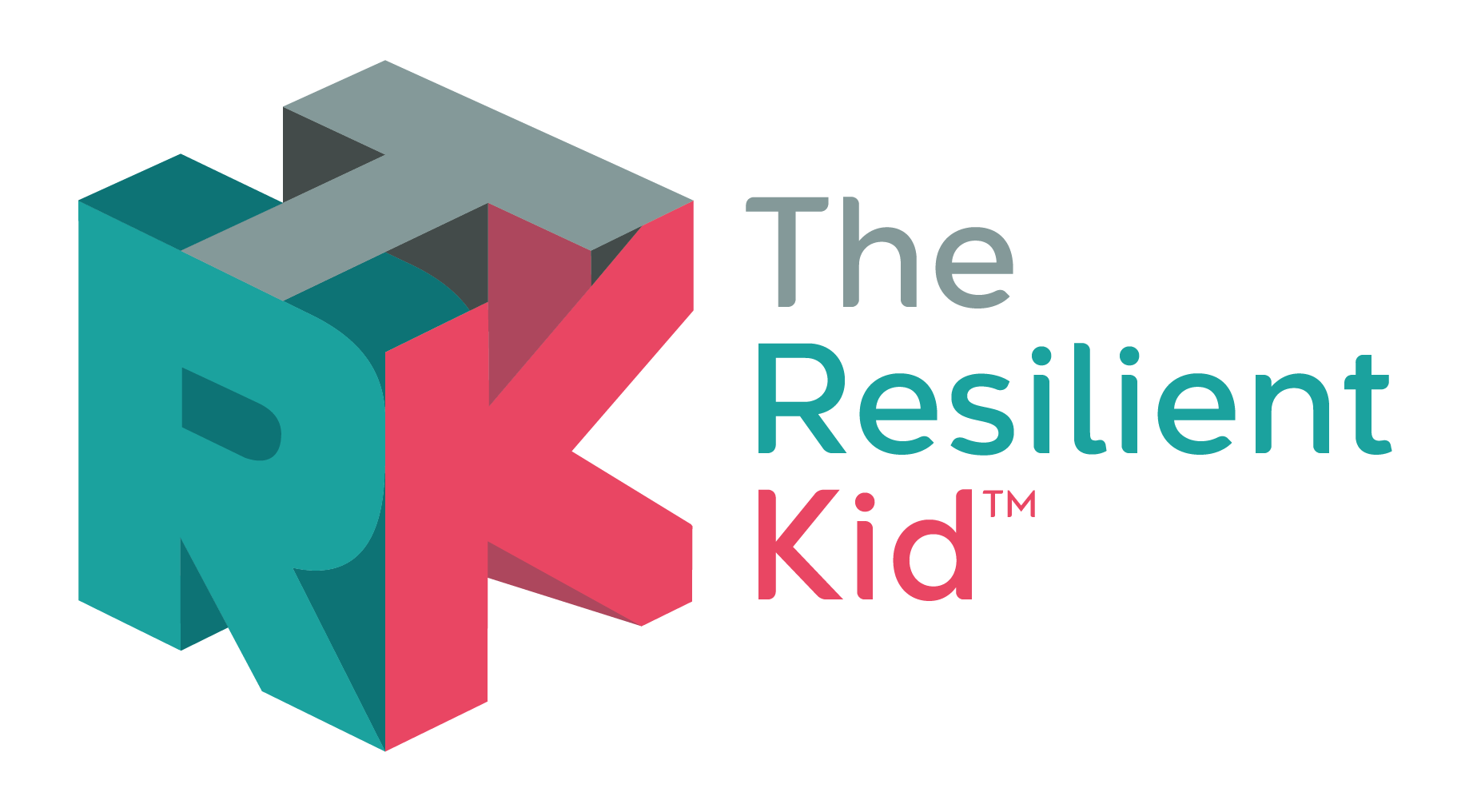
Navigating the Educational Landscape
16/11/2023
Advocating for Neurodiverse Children in School
The key points surrounding advocacy for neurodiverse children in school, building upon the insightful conversation from a recent podcast episode. Whether you're a seasoned advocate or just starting on this journey, these additional insights and practical tips will empower you in supporting your child's unique needs within the educational setting.
Understanding the Unique Needs of Neurodiverse Children:
Ashley emphasizes the importance of recognizing neurodiversity in children, understanding that each child has a unique way of thinking and learning. Neurodiverse conditions such as ADHD, autism, dyslexia, and dyspraxia require specialized attention, and parents are often the first to notice subtle signs.
The Role of Advocacy in School:
Being an advocate for your child in the educational setting is crucial. School environments can be overwhelming, and neurodiverse children may face additional challenges. As Ashley suggests, parents should establish a strong line of communication with teachers, form tutors, and SENCO workers (Special Educational Needs Coordinator) to ensure everyone is on the same page.
Practical Tips for Advocacy:
Documenting Concerns: Before meeting with teachers or school staff, take the time to document your thoughts and concerns. Prioritize these issues, making it easier for educators to focus on key areas that need attention.
Emphasizing Evidence-Based Information: Schools operate on evidence-based practices. If you suspect your child is facing challenges, gather evidence to support your concerns. This may include behavioral observations, communication difficulties, or struggles with specific subjects.
Regular Check-Ins: Establishing a consistent line of communication with your child's teachers is essential. Regular check-ins, whether through emails, phone calls, or meetings, help keep you informed about your child's progress and well-being.
Utilizing School Resources: Schools often have various support systems in place, including ELSA (Emotional Literacy Support Assistants), SENCO workers, family support workers, and school nurses. Don't hesitate to explore these resources and seek assistance tailored to your child's needs.
Advocating for Emotional Well-being: Neurodiverse children may experience heightened emotions or anxiety. Requesting additional emotional support, such as counseling or mentoring, can contribute significantly to their overall well-being.
Conclusion:
Advocating for neurodiverse children in school is a collaborative effort between parents and educators. By actively engaging with teachers, documenting concerns, and utilizing available resources, parents can create a supportive educational environment for their children. Remember, you are the expert on your child, and your advocacy plays a crucial role in ensuring they receive the tailored support they need to thrive in the school setting.
Listen to our podcast episode for more insights. https://podcasters.spotify.com/pod/ashley-costello
Comments
Must be Logged In to leave comments.

